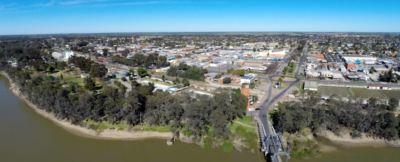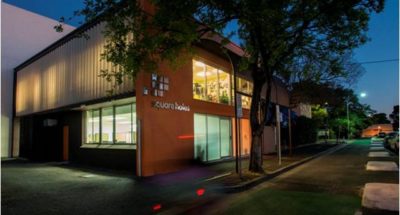Time as a personal, city and brand value
I have recently been pondering the value we all place against ‘time.’ Be this time wasted, or being lived. Going fast or slow. Reminiscing or re-imaging the future. Time is a value that shapes who we all are.
First posted as part of my weekly LinkedIn newsletter >
Are you someone who values …
A quick game as a good game
Or, slow and steady wins the race
Do you believe ‘every second counts‘
Or, stop and smell the roses
Thinking back to 2020 I moderated focus groups (for Square Holes’ in-house trend tracking) across age decades with Australians as to how they were coping with the unprecedented pandemic. What was interesting is that many were enjoying the extra time. Travel time to work was reclaimed, and time to take up hobbies, more exercise, time with family, baking and time out from being busy.
“I only said to my wife yesterday, I wish we had a shutdown every year for two to three weeks. As bad of a situation as it is, it’s amazing to see people out and together, exercising, walking… To see people out, in amongst the community.” 30-39 year old focus group attendee April 2020
Work from home has changed, as has how we live and think about employment. This renewed value on time puts economic pressure on our CBDs and businesses, and encourages leaders to reimagine time.
A year prior (February 2019), I wrote a piece that appeared in Mumbrella about the glorification of busy.
‘Often an oxymoron, ‘busy doing nothing’ – more true than ever
According to OECD figures, we are working on average, around the same hours we were a couple of decades ago. In Australia in 2001 the average weekly hours worked on a job was 35.2 (1,829 hours per annum) and in 2022 it was 32.9 (1,707 hours per annum). In 2020 and back to 32.4 (2020) and 32.6 in 2021. With four day weeks, work from home and more flexible working becoming the norm, it will be interesting to monitor the trend moving forward.
Technology should create more time, yet often wastes it.
Time is an individual value, it is also worth reflecting in brands.
Is a brand centred around speed or one that values steady progress? Brands like Tesla, Google, and Amazon epitomise the former, while Rolex, Patagonia, and Volvo embody a more deliberate pace.
Faster / future / rapid: Tesla, Google, Amazon, Uber, Netflix, Airbnb, Apple, Zoom, TikTok and Facebook (Meta)
Slow / history / steady: Rolex, Patagonia, Volvo, Caterpillar Inc, Levi’s, Harley-Davidson, John Deere, BMW, Hermes and Moleskine.
Successful brands often strike a delicate equilibrium between honouring tradition and embracing innovation.
Similarly, how a city or government articulates time is important.
Old cities like Paris and London are protective of retaining the history, as an articulation of the identity of the city and the value of where they came from (and are going). Newer cities may place less value on history, and more on ever being contemporary and future focused
Again, balancing past and future, fast and slow in a city is a complex balance. Often cities are two speed, progress and protection.
Being clear about city values is critical in policies to protect them.
Over Square Holes’ two decades we have conducted extensive research to underpin precinct transformations, and city planning, and guiding the built environment, infrastructure, housing and development. As an example, we did a decade plus of research with Adelaide Oval stakeholders to guide the 2014 redevelopment, and then the wider Riverbank Precinct. During this time, the local mindset moved from from conservative and cautious, towards a more confident and progressive two-speed perspective.
Our research for the History Trust last year illustrated how easy it is to have our local history ignored in our schools and community, and how retaining it in our curriculum will ever be important. Research over time for government departments responsible for infrastructure illustrates building and other stakeholders keen to have transparency as to the plan for the road ahead.
Finding the right balance is complex, balancing history and progress.
Government can differ depending on policies and priorities, and have a huge influence on the value of time in our cities, particularly smaller cities and towns. While some cities may focus on innovation and rapid adaptation, others prioritise tradition, stability and preservation of heritage. Slow decisions and processes may compound economic slowdowns, or carefully position strategic priorities with care.
Business and consumer confidence also influence time. Consumer confidence slows spending, and typically make it harder for businesses to survive. As media also becomes pessimistic, business confidence pushes down investment, employment and decisions that could benefit the future. The economy seemingly slows, waiting for good times to return, and confidence to rebound. Slow decisions, recessions, red tape and fear put cities into somewhat of a time-warp.
TIme is our most valuable personal asset, and has a major influence on both business growth and flourishing cities. I recall a recent report in which a small business owner blamed business confidence declining on the rising cost of doing business,. While this may be true, the single biggest cost and killer of business is wasted time.
Whenever possible, please make timely decisions, yet respect the history of where we came from and the future we wish to create.




